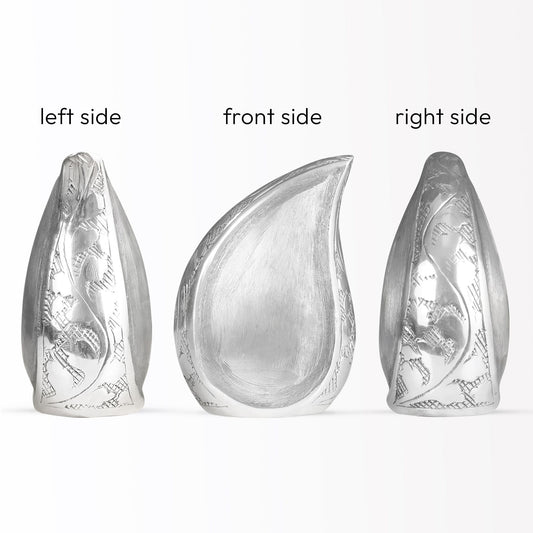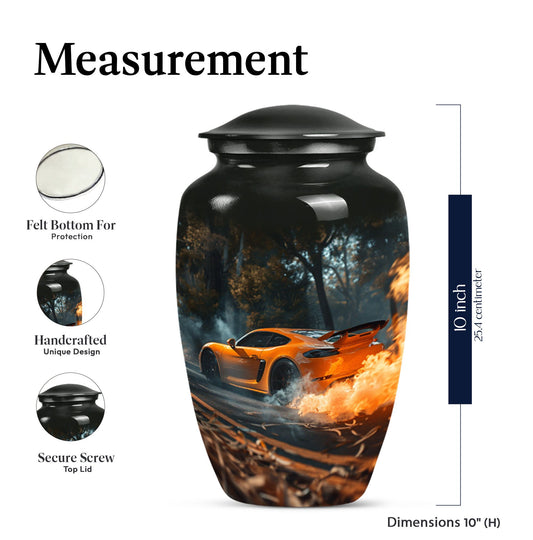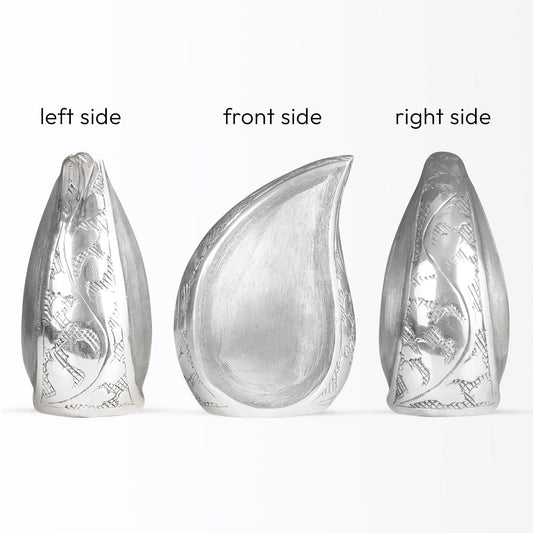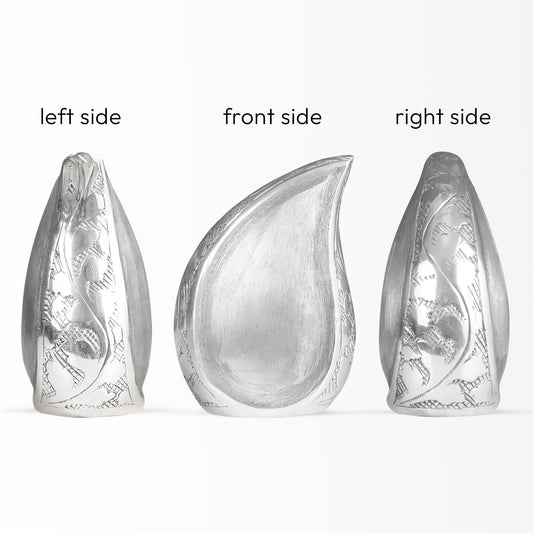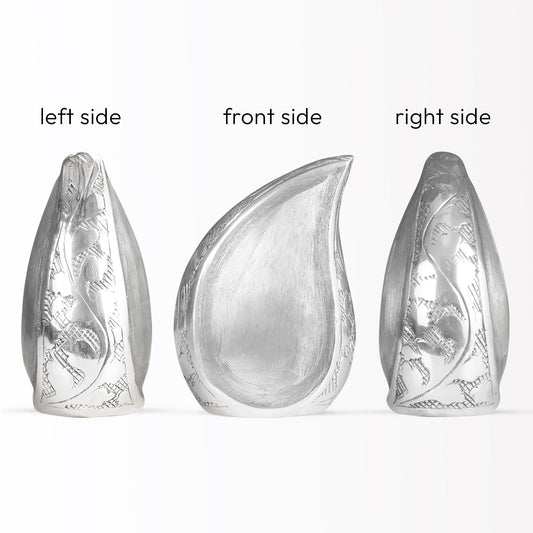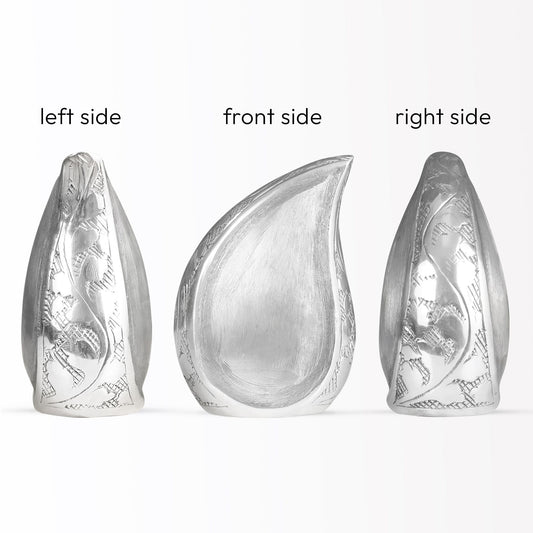Popular Urns
Purple Butterfly Remembrance - Majestic Memorial Urn For Human Ashes
Beautiful Sunset Beach Heart Urn for Ashes - Large & Small Urns Combo
Cremation Laws In Georgia

All About Cremation Laws in Georgia
Cremation laws in Georgia are state and local enactments that require the manner in which remains are dealt with and how cremation is performed. These regulations are under the supervision of the Department of Public Health to protect the rights of the deceased and the family's desires and maintain public health and safety standards.
Obtaining permits and authorizations precede the cremation process in Georgia. The next of kin or a legally authorized person should give written consent before cremation. This provision is intended to give family members sufficient opportunity to make informed decisions regarding the final disposition of remains of loved ones.

Under Georgia law, a death certificate should be completed and filed with the local registrar before cremation can occur. This document, signed by a licensed physician, certifies the cause of death and provides all the information necessary for legal and administrative purposes.
Once the proper authorizations are obtained, cremation may proceed. In Georgia, the state requires that cremations be performed in licensed facilities. These facilities must be designed and constructed to meet health and safety standards, ensuring that the process is carried out in a humane and respectful manner.
The crematories must record all documents about all cremations done within it. The document will contain a name of the deceased and date, as well as who has sanctioned the process of cremation. Record keeping will provide legal compliance in addition to preventing future cases regarding how the body had been handled.
After the cremation, the remains, usually ashes, are to be dealt with in accordance with state law and the wishes of the family of the deceased. Under Georgia law, a variety of options exist in regard to the final disposition of cremated remains. Options include keeping the ashes in an urn, scattering them in a meaningful location, or interring them in a cemetery. But if the ashes are to be scattered, it is wise to check local ordinances since some municipalities have regulations about the practice.

Moreover, according to Georgia law, an individual has the right to appoint a specific person or entity to oversee their remains after death. It can be done through a will or other legal documents so that personal wishes are met even after a person has died.
Ultimately, this is supposed to be respectful; it shows a framework towards proper handling and respect for family wishes concerning the remains in question. It ensures a dignified process for a lost human being in the cremation process that is regulated enough to suit the emotional state of mourners.
ALSO READ:


















